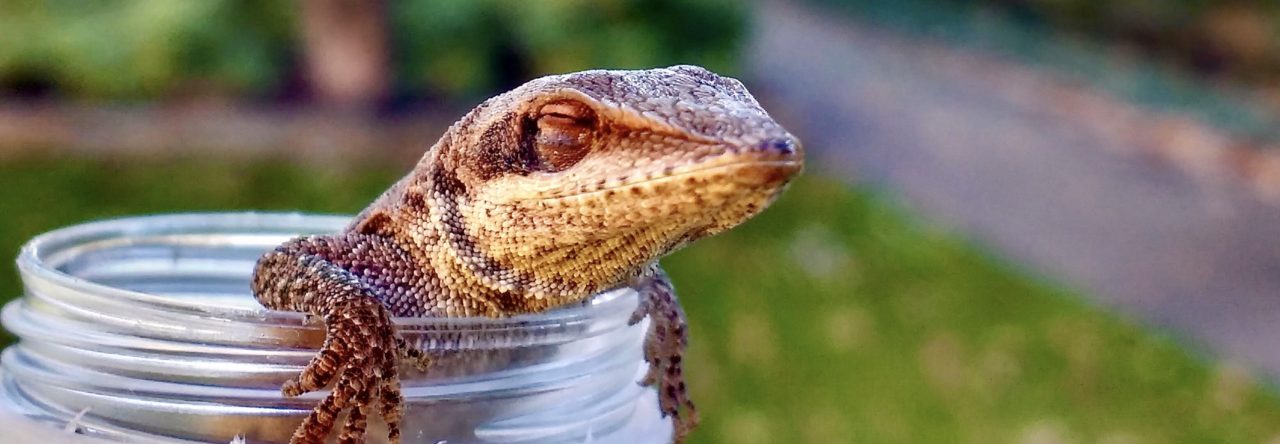
Writing in Biology Letters recently, Alex Gunderson (Tulane University) leads a study revealing that incubation temperature does not underlie the thermal tolerance limits of resulting lizards; individuals which hatch from eggs incubated in hot conditions are not able to withstand hotter air temperatures as adults, relative to lizards hatched from cooler incubation temperatures. A preliminary discussion of the relationship between incubation conditions and adult thermal physiology was put forward as a potential explanation for observed divergence in thermal physiology between crested anoles (A. cristatellus) in Puerto Rico and an introduced population in Miami, Florida USA (Leal & Gunderson 2012), “Additional studies are needed to explore the possibility that incubation temperature can influence the [thermal tolerance limits] CTmin of A. cristatellus.” Below is the abstract and the main figure from the paper, enjoy!
Abstract
Extreme heat events are becoming more common as a result of anthropogenic global change. Developmental plasticity in physiological thermal limits could help mitigate the consequences of thermal extremes, but data on the effects of early temperature exposure on thermal limits later in life are rare, especially for vertebrate ectotherms. We conducted an experiment that to our knowledge is the first to isolate the effect of egg (i.e. embryonic) thermal conditions on adult heat tolerance in a reptile. Eggs of the lizard Anolis sagrei were incubated under one of three fluctuating thermal regimes that mimicked natural nest environments and differed in mean and maximum temperatures. After emergence, all hatchlings were raised under common garden conditions until reproductive maturity, at which point heat tolerance was measured. Egg mortality was highest in the warmest treatment, and hatchlings from the warmest treatment tended to have greater mortality than those from the cooler treatments. Despite evidence that incubation temperatures were stressful, we found no evidence that incubation treatment influenced adult heat tolerance. Our results are consistent with a low capacity for organisms to increase their physiological heat tolerance via plasticity, and emphasize the importance of behavioural and evolutionary processes as mechanisms of resilience to extreme heat.

Eggs at different temperatures did not produce adults capable of tolerating different temperatures. Here, Fig 1. shows the upper limits of heat tolerance of adult brown anoles (A. sagrei) hatched from eggs incubated under different thermal treatments.
Leal, M. and Gunderson, A.R., 2012. Rapid change in the thermal tolerance of a tropical lizard. The American Naturalist, 180(6), pp.815-822.
Gunderson, A.R., Fargevieille, A. and Warner, D.A., 2020. Egg incubation temperature does not influence adult heat tolerance in the lizard Anolis sagrei. Biology Letters, 16(1), p.20190716.
- Do Bigger Anoles Have More Diverse Parasites? Not in Brazilian Anolis fuscoauratus - May 28, 2020
- What Role Do Chemicals Play in Anole Social Interactions? - May 27, 2020
- Hurricane-blown Anoles are a NY Times Cartoon! - May 20, 2020


Leave a Reply